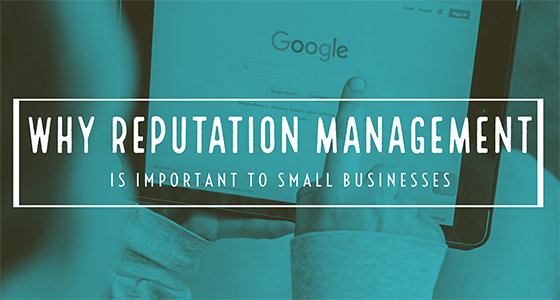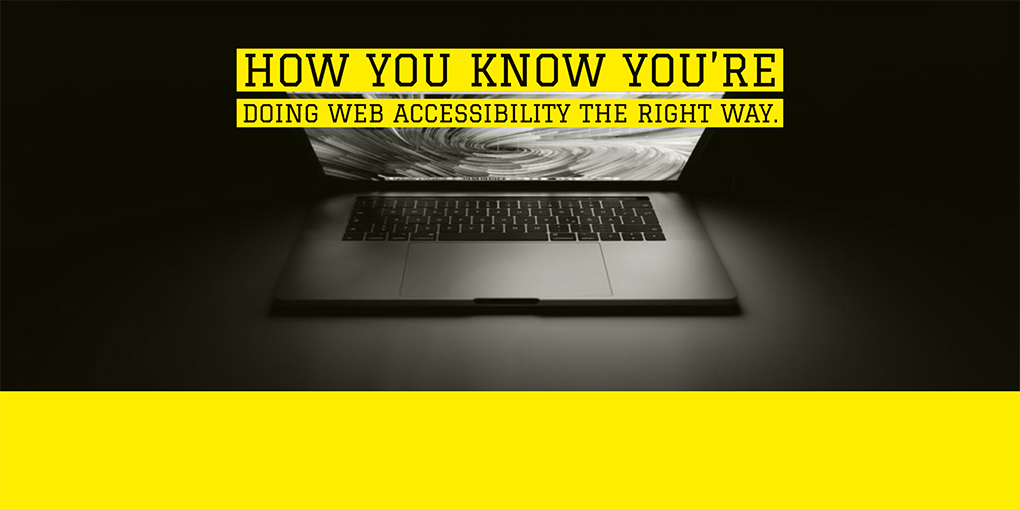
Why Reputation Management is Important to Small Businesses
Turning your customers into advocate is any small business owners dream. Reputation management is how to influence the way people think about not only your brand but also you. Heard the saying you are your brand and your brand is you. Reputation of your brand has nothing to do with you as a person, so much as it has to do with people’s perception of you. Today that is based a great deal on Google searches, AI and reviews both good and bad.
Overview:
- What is reputation management
- How to control the conversation
- Is there a difference between your reputation and your business’
- Can you control what people read about you?
Reputation management has become a popular term that is used in the marketing, SEO, and online branding spheres. It goes by various names and service descriptions, but they all have the same goal in mind. The goal is to ‘manage’ the perception the public has about a person, a business, and in many cases both.
Reputation management defined
Activities performed by individual or organization which attempt to maintain or create a certain frame of mind regarding themselves in the public eye. Reputation management is the process of identifying what other people are saying or feeling about you or your business; and taking steps to ensure that the general consensus is in line with your goals. Many people and organizations use various forms of social media to monitor their reputation.
While there are many definitions depending on who you talk to. One thing that remains consistent about reputation management is it is an attempt to control the way people think.
1. Start where your customer start
We spend the vast part of our days online, so do our customers. Unfortunately if you know anything about the internet, you should know is it not always true or accurate. It is even more true when people read things about you online, as you have no control over the context as to what they read or where. In other words, protect your brand always, and make sure you represent your brand both on and offline.
Your reputation and that of your small business lives, breathes and potentially can be destroyed online. What people read about you and your business is sometimes just as true as the news. It is up to you to protect your brand, as well control your reputation. Reputation management in a digital world can be similar to having a public relations expert online 24/7 listening as well as controlling the conversation about your brand.
2. How to control the conversation in a crisis and everyday
Ever read something about a person or a business and jump to a conclusion based on what you read? Of course you have, everyone has. In fact we many times are quick to share a story on social media before ever checking to see if it is true. In moments a person or a small businesses reputation can be in crisis. What if you or your business was not listening and did not know until ti was too late and the damage was done.
The best way to survive a social media backlash is to avoid one. Be mindful that anything you post can potentially be seen by many, many people.
One way to obviously avoid some missteps is to not make them yourself. General rule of thumb, don’t say or do anything you would not be proud to show your grandmother. Stay away from tasteless jokes, politics, or anything that can be divisive, and we all know anything can be construed as divisive with the right audience. Remain vigilant in keeping in touch with the pulse and climate of the world around you. Something that was poignant and funny yesterday could be trite or devastating today.
Simple steps to take to control your reputation
- Read what you post, reread it before you post.
- Just because you think it, does not mean you have to say it
- Compassion and sensitivity go a long way
- Represent what you want people to see with every post.
One way to know what people are saying about you or your company is to listen. This goes beyond just reading (and responding) to their reviews of you. Create listeners on Google Alerts or other places that will alert you every time you, your tagline, or your business are mentioned. Pay attention to your social media channels, or hire someone to monitor them for you. Plenty of people and businesses have been ruined by a simple tweet, you don’t want you be next.
3. You are your brand, and your brand is you
Somewhere along the way people have felt that they can speak their minds on social media, blog posts, and other mediums as themselves and think it won’t reflect their brand. Newsflash you are your company and your company is you. Anything you say or do is associated with your brand and vice versa. When you are concerned about your reputation management strategy for your business then send an off color tweet, that causes mixed signals for the public.
We see time and time again owners of large corporations have to make public apologies for something they said “privately”, the same thing happens with small businesses and their owners. Being authentic in your messaging is key for a brands reputation. The same kind of social responsibility should be used when speaking as yourself.
So how can reputation management help? It is simple, yet complex. One way control your online reputation is to provide digestible content for people to find. Without getting too technical, you want others to be talking about you as well as your brand in a positive light on a regular basis.
I am sure if you ever worked for a big corporation, or simply read a magazine or newspaper you have seen a press release or two. Or perhaps you were getting ready to buy a new product like a book and all of sudden the internet was inundated with reviews before it hits the shelves. These are a couple of examples on how brands both big and small are controlling the conversation. Tactics like these can be used to manage the reputation of small business like your own.
4. Why online reputation management and can you really control the conversation?
Online content can circulate in literally second and the way people perceive your brand can change forever. All you have to do is look back on brands and people who were convicted in the courts of public opinion whether true or not. All it takes is a tweet, a Google review, or a Facebook post and things can spiral out of control.
One way to control the conversation is to provide people something to talk about as well as increase you ranking authority. You can do this by creating press releases, blog post, whitepapers, social media campaigns, and organically grow your online reputation by providing authentic links to connect to your brand.
Another way is to use customer reviews to their fullest. Whether you focus on Google, Facebook, Clutch, Yelp, wherever you get reviews, respond to them. One step that is just below a negative review is one that is not responded to good or bad. If it is a positive review, thank the customer for their valuable feedback. If it is a negative review, apologize if you were wrong, acknowledge them even if you were not. However do not argue with them in the comments for the whole world to see. Take the conversation offline if you can, make amends if necessary. Arguing in a public forum, simply makes you look bad.

So, how is your reputation management process working?
Reputation management is an important part of owning a small business in today’s word full of tweeters, Instagramers, media outlets and keyboard warriors. In seconds your brand can be tarnished, and its effects can last for years to come. Many people are likely thankful they lived their younger years before the internet, as now the lasting stain of someone’s opinion can last forever.
Reputation, while much of it cannot be controlled, you do possess the abilities and in some cases rights to sway the power it holds. If you would like to learn more of how to expand you online reputation in the forms of content creation, guest posts, press releases and more let us know we would love to help. Contact us to learn more on how we can help















